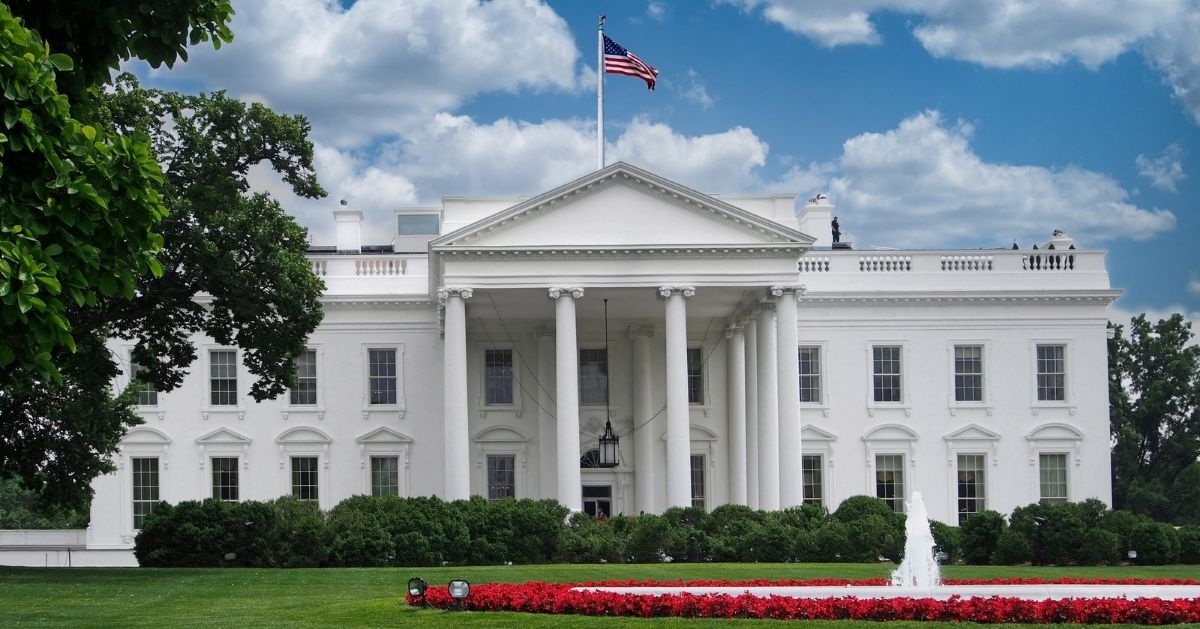Rep. Ocasio-Cortez, other Dems, assert dubious congressional authority to legislatively regulate Supreme Court justices
For the past few years, congressional Democrats have seized on alleged and often overblown ethical controversies and scandals involving conservative Supreme Court justices as an excuse to attempt to impose their legislative will upon the nation's highest court.
One of those at the forefront of the effort is progressive Rep. Alexandria Ocasio-Cortez (D-NY), who announced legislation on Tuesday that, if passed, would hold Supreme Court justices to similar ethical constraints on receiving gifts that members of Congress must adhere to, according to The Hill.
However, it is far from certain that congressional members like Ocasio-Cortez have the constitutional authority they claim to regulate the behavior and internal workings of the co-equal and independent Supreme Court as they desire.
House Dems seek to impose ethical constraints on Supreme Court justices
On Tuesday, Reps. Ocasio-Cortez and Jaime Raskin (D-MD), both top Democrats on the House Oversight Committee, joined MSNBC host Chris Hayes to discuss their plans to legislatively impose their will on the justices of the Supreme Court concerning the value of gifts accepted from others.
"To have any one of our co-equal branches be completely unaccountable to the others is paving the path to authoritarianism, tyranny, the abuse of power in the United States, and it is structurally, completely unsustainable," the congresswoman asserted.
"And so, it is not a question of if Congress has jurisdiction and power over the Supreme Court," she added. "It is, what power are we going to exercise in order to rein in a fundamentally unaccountable and rogue court?"
The Hill noted that Raskin, who along with Ocasio-Cortez backs a bill that would ban justices from accepting gifts valued at more than $50, chimed in and claimed of the Supreme Court, "It’s the highest court in the land with the lowest ethical standards. These are the only governmental officials in the land who are not governed by a binding ethics code. There’s no process by which we can hold any of them accountable."
Congressional authority over the Supreme Court is "far from unlimited"
The problem here is that contrary to the confidence expressed by Rep. Ocasio-Cortez and other like-minded Democrats, there are legitimate unanswered questions about the extent of congressional jurisdiction and power to regulate the co-equal and independent Supreme Court.
Last year, in an interview with the Wall Street Journal that sparked outrage among Democrats, conservative Justice Samuel Alito -- a frequent target of Democratic smears and accusations along with Justice Clarence Thomas -- disputed the claimed authority of congressional Democrats to impose their legislative will on members of the high court.
Alito stated at one point, "No provision in the Constitution gives [Congress] the authority to regulate the Supreme Court -- period."
That isn't entirely true, however, as George Mason University law professor Ilya Somin explained in an article at that time for Reason magazine, as Congress does possess some basic powers of checks and balances over the judiciary, albeit with some limitations.
"Congress can pretty obviously regulate the Supreme Court in a variety of ways. It can also probably impose at least some types of ethical restrictions on justices, at least if we concede that it has the power to ban bribery, which few dispute," the professor surmised. "But congressional power over the Court is far from unlimited. And some ethics rules could potentially go beyond the scope of congressional authority."
Senate Dems hope to force floor vote on Supreme Court ethics code bill
Meanwhile, Reps. Ocasio-Cortez and Raskin are far from alone in seeking to assert congressional dominance over the co-equal and independent Supreme Court with the imposition of a binding code of conduct and ethical constraints of their choosing, as The Hill reported separately on Tuesday about a renewed push on that front in the Democrat-led Senate Judiciary Committee.
Chairman Dick Durbin (D-IL) and member Sheldon Whitehouse (D-RI) are aiming to force a floor vote soon on their Supreme Court ethics legislation that was first introduced last year and prompted the pushback from Justice Alito that only served to infuriate further the Democratic lawmakers who have targeted the conservative jurists with attacks and smears for ruling on cases in ways they disagree with.





